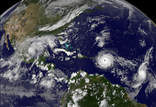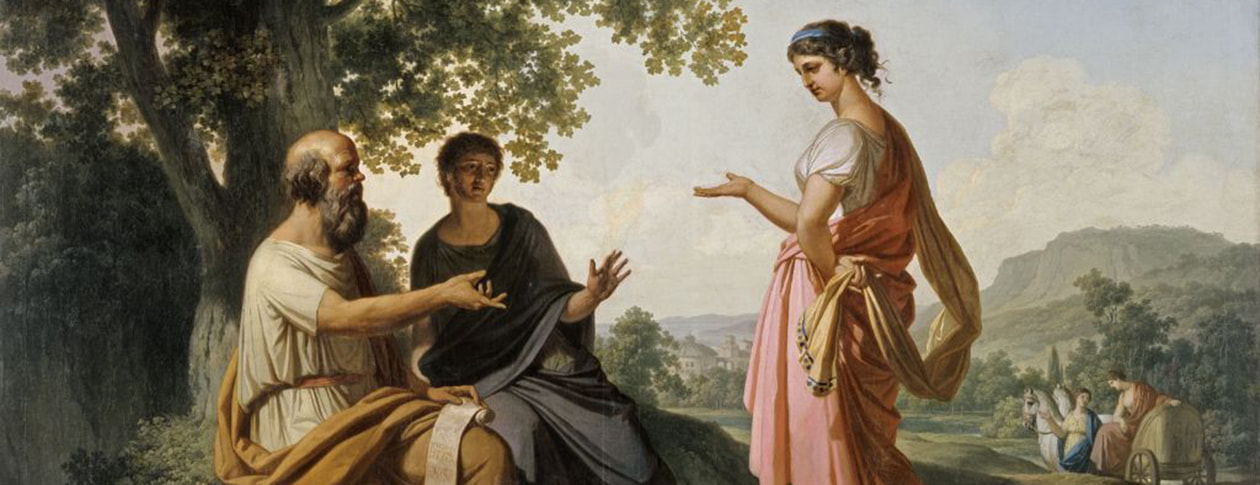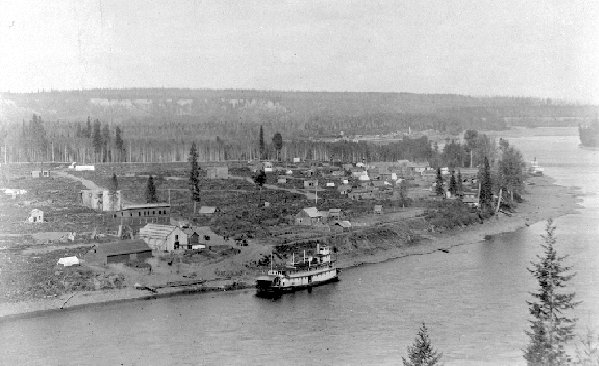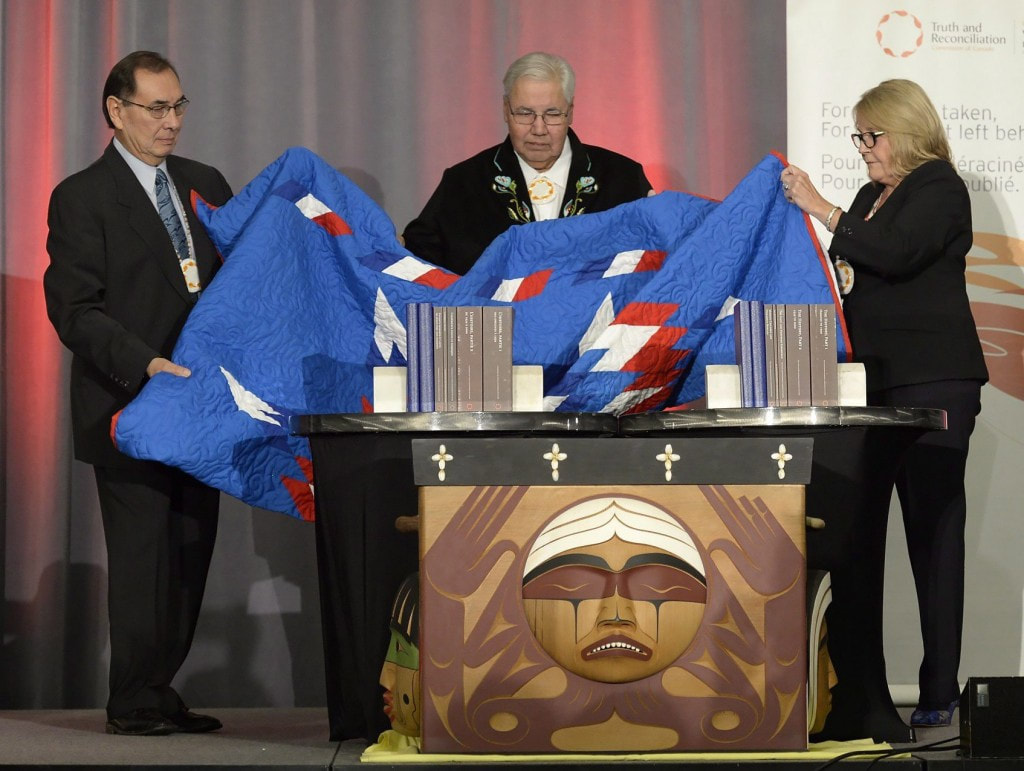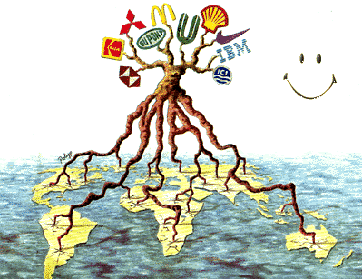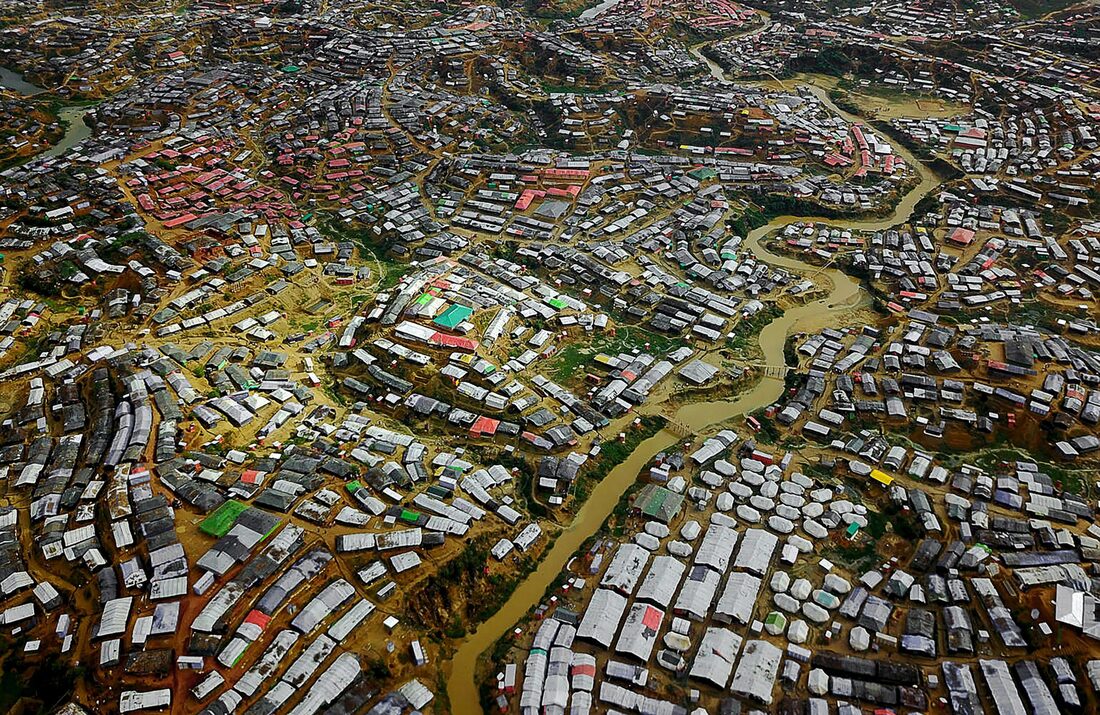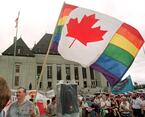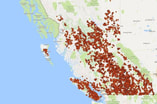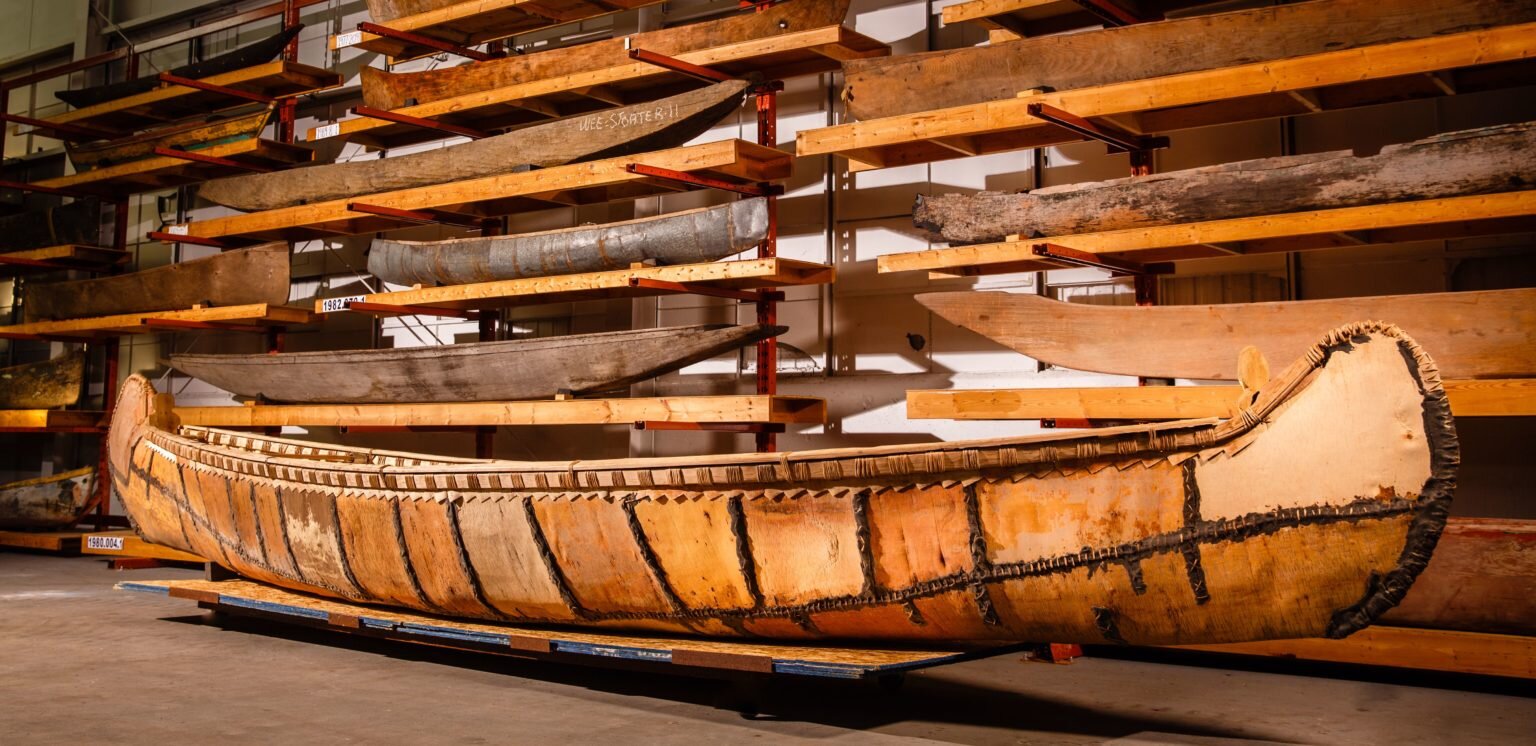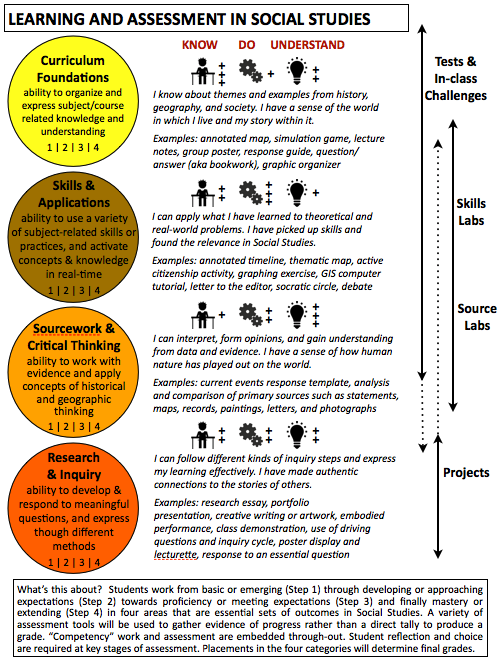BC Social Studies 11 Explorations
This course, introduced with the revised curriculum around 2016, provides grad credits for Social Studies and also sets up our Grade 12 electives such as History, Law, Comparative Cultures, and Geography. This course course explores themes and topics such as Social Justice, First Nations Studies, Economics, Human Geography, Urban Studies, Philosophy, and Local History. Big Question: How are "history" and "place" a part of our everyday lives?
Course OutlineNOTE: for 2017-18, the first five units below were used for Mr. Thielmann's Social Studies 11. Units 6-10 are posted here for future consideration or use by other teachers. Teachers looking to develop their own version of Social Studies 11 Explorations should take a look at the Pacific Slope suggestions for this course.
|
Class ExpectationsRules -- I don’t have many... mostly I expect that students will operate with a few principles in mind:
AssessmentAssessment happens all the time -- when our questions are answered, when we think about whether we understand, something, when you get feedback on something you have said or done, and when you get evaluated on things you've turned in.
The "summative" parts -- the assessments your teacher uses to prepare reports and assign marks -- are generated from the work you submit (e.g. smaller assignments like maps), the projects you complete (e.g. the Echo Project), and the tests you write (e.g. Unit Tests with critical thinking questions and access to your notes). You must actually do the work to get the marks, just as you have to actually be here if you want the benefit of the lessons. Your teacher will accept late work up to a point -- normally up to the end of the next unit or 3 weeks, whichever comes first. After that it is past due and you must make a new or different attempt to demonstrate your understanding of missed learning outcomes. Your teacher believes this reflects the principles listed above, especially mutual respect and self-reliance. It is very important that you reflect on how things are going for you as often as you can, and come talk to your teacher when you need help. Usually, there is some time set aside in each class for this purpose -- ask a question, share what you are working on, get a concept explained, or challenge an idea. Your teacher and often your classmates are here for that purpose -- to help your learn. We're not as direct or fast as a google search, but we know how to laugh, ponder, and provoke. In 2017/18, your teacher will be trying out a new assessment method. Based on the work they do, students will achieve placements in four categories: Curriculum Foundations, Skills & Applications, Sourcework & Critical Thinking, Research & Inquiry. The placements will be done using a four-point scale with which students are probably familiar. Along the way, the placements show where a student should focus efforts. At the end, the placements will determine a final percentage and letter grade. The "scheme" below show more about the categories and placements. |
